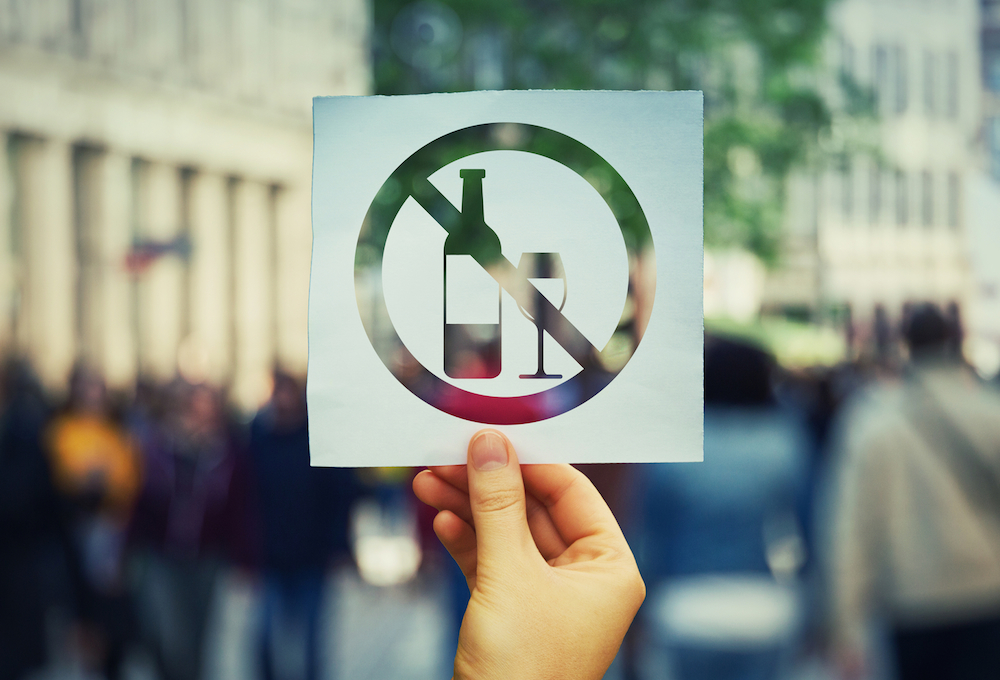
Alcohol advertising will no longer be displayed on New York City-owned property such as bus shelters, newsstands, phone booths and wifi kiosks.
Mayor Bill de Blasio issued the alcohol advertising ban via Executive Order, effective immediately. The ban will affect most city-owned properties except for venues that serve alcohol like Citi Field.
Despite a foreseeable loss of advertising revenue of around $3 million each year, city officials say it’s worth it to try and reduce the effects of problem drinking. In the 2018 fiscal year, alcohol advertising generated $2.7 million for the city. These advertisements occupy about 3% of city-owned advertising space.
“There’s no doubt that far too many New Yorkers struggle with serious substance misuse issues, among them excessive drinking,” said de Blasio in a statement Tuesday.
In 2016, NYC counted 110,000 alcohol-related ER visits, and 2,000 alcohol-related fatalities from car accidents, liver disease, etc.
“In New York City, we see far too many deaths related to alcohol,” said city health commissioner Dr. Oxiris Barbot. “We know exposure to alcohol advertising can lead to drinking more alcohol, more often behavior that can be harmful and even fatal.”
City officials cite research that have linked exposure to alcohol advertisements with drinking behavior. By minimizing New Yorkers’ exposure to alcohol advertising, they are hoping to reduce problem drinking in the city.
There is plenty of research on the subject.
“Parents and peers have a large impact on youth decisions to drink. However, research clearly indicates that alcohol advertising and marketing also have a significant effect by influencing youth and adult expectations and attitudes, and helping to create an environment that promotes underage drinking,” according to the Center on Alcohol Marketing and Youth at Johns Hopkins University.
Eighteen months ago, the city’s Metropolitan Transportation Authority (MTA) banned alcohol advertisements on NYC buses, subway cars and stations.
Los Angeles, Philadelphia and San Francisco have also banned alcohol ads on city property.
“Too many people in our city struggle with excessive drinking, and irresponsible advertisements for alcohol make the problem worse―especially when they target communities of color,” said NYC First Lady Chirlane McCray. “Today, New York City is taking a stand to protect the health and well-being of all of our communities.”
